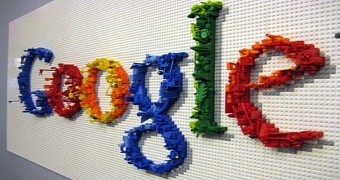For more than a year, Google has been fighting with the German news publishers about how online news content is displayed in search results. Finally, it seems like the entire thing has reached an end as the publishers have surrendered.
More specifically, news publishers have grudgingly agreed the Internet giant can display snippets from their content without paying for the privilege to do this.
As mentioned, it all began last year, when Google was asked to start paying up for the “privilege” of using headlines and text snippets in search results when those came from German news publishers. Google was most likely a little bit baffled since, in the end, providing these links and snippets helped people land on these newspapers’ sites and the sites themselves more than it helped Google.
It wasn’t just Google they were targeting, but everyone who used any part of their work, even if the ultimate benefit was theirs. The search engine giant wasn’t happy about things, as you can imagine, especially since this would mean lowering the quality of the results people were getting.
“Nobody sees a real reason why this should be implemented. It’s really harmful, not just for users who wouldn’t find as much information as they find now, but such a law is also not justified for economic reasons or judicial reasons,” said Google’s Kay Oberbeck, North Europe communication chief.
Back and forth
The old law that the demands were based on was watered down to excuse Google from the requirement of paying for using these snippets.
A consortium of digital publishers came back to argue that Google should actually still be paying for the snippets. Google had had enough and stopped displaying news snippets and images in search results for the German publishers involved in the legal action. The only thing remaining was a link and a headline, making it clear that it wasn’t going to start paying for such a thing, not because it doesn’t have deep enough pockets, but because it doesn’t make sense.
The impact of the move got publishers to quickly reconsider and start signing up on their own accord for Google to use their snippets. Even so, they accused Google of taking advantage of its market power, which sits at about 90 percent in Europe.
Now, the VG Media group, one of the most vocal protesters of Google has conceded to back down too, especially since it seems like the fact that Google stopped using text portions in search results has caused it to lose revenue due to the fall in traffic. In the end, this could have triggered bankruptcy.
The story isn’t over yet, though, as civil action against Google is scheduled for next year. One battle has been won, but the war is not yet over.

 14 DAY TRIAL //
14 DAY TRIAL //